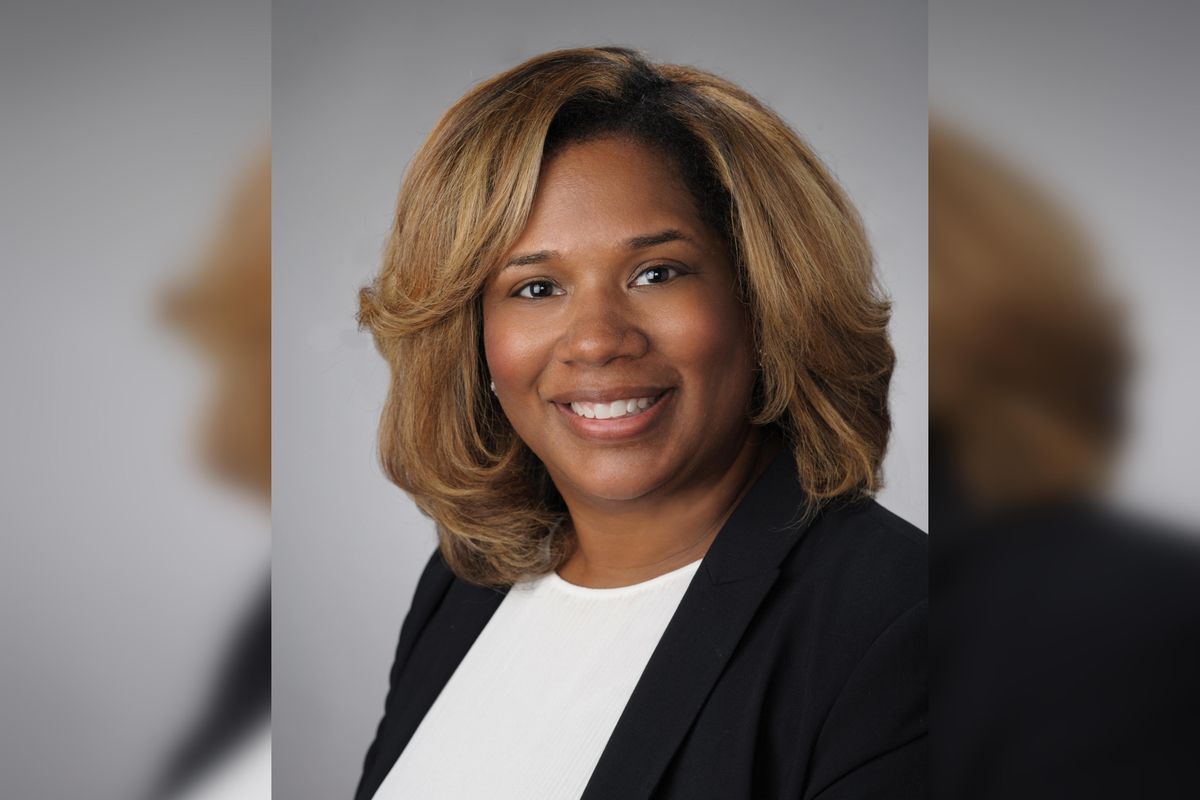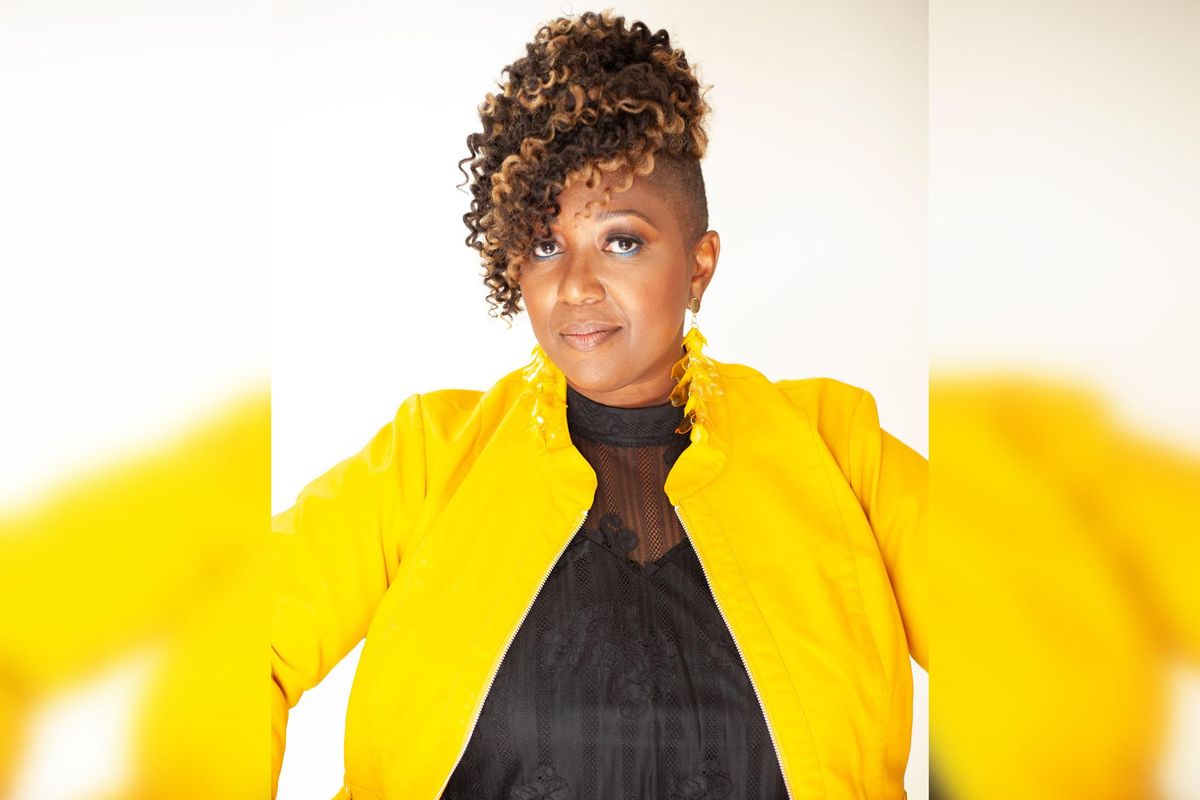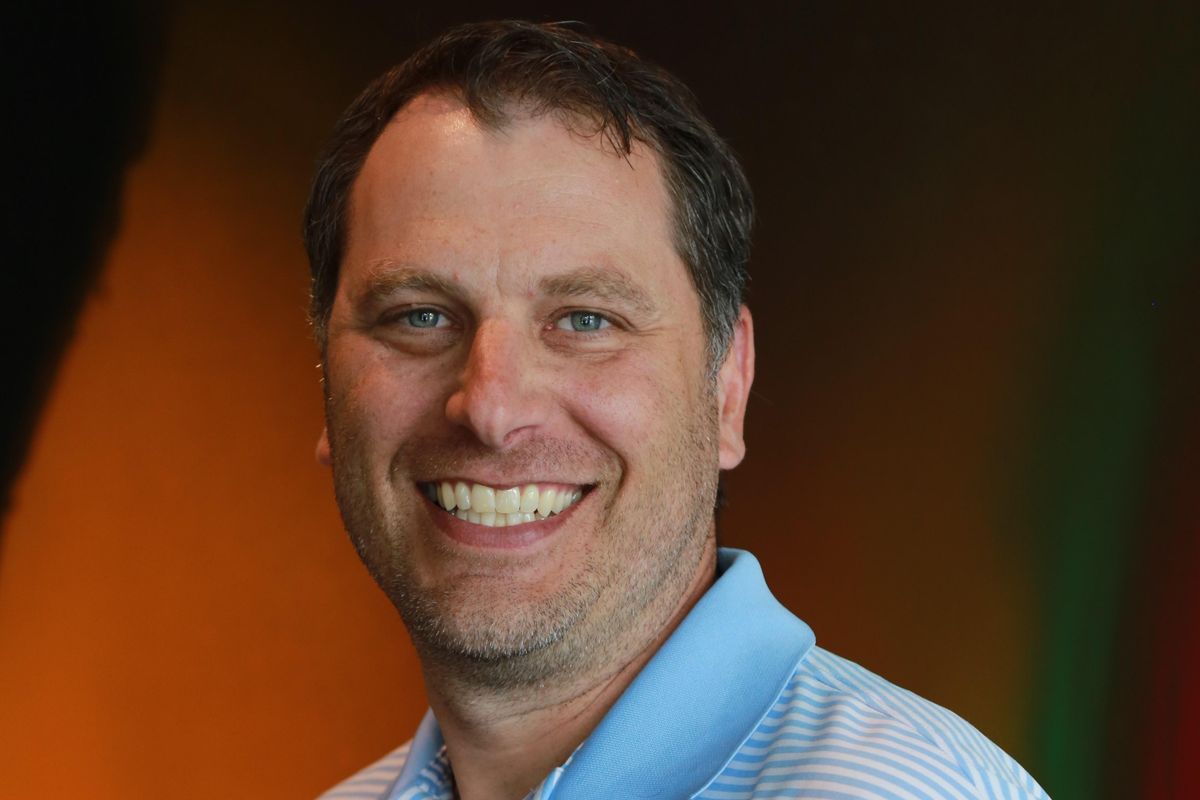Houston's 2022 DEI Champions share obstacles they are overcoming promoting equitable innovation
EAVESDROPPING AT THE HOUSTON INNOVATION AWARDS GALA
As one of the most diverse cities in the world, Houston's business and innovation community has a unique opportunity to prioritize not just its diverse population, but also to make sure the city has equitable and inclusive opportunities.
Five Houstonians have been named finalists in the DEI Champion category for the Houston Innovation Awards Gala, which will be held on November 9. They shared some of the challenges they are facing as they fight to make sure Houston has an equitable innovation ecosystem.
"I have always been the only Black women in all of my engineering roles, and I worked so hard to get there and quite often feel so uncomfortable in this space. So, individuals who question my name don't always understand the important of someone expressing that I see you to an individual can mean. However, this is a challenge I am willing to face because I am changing people lives and these lives I am changing will impact the world."

Photo courtesy
— Kara Branch, founder and CEO of Black Girls Do Engineer Corp. "Although I believed in myself and that girls that look like me needed that representation and someone to mentor them and expose them to S.T.E.M., I had no one to do this for me, so I had to do this for girls in my community," she says. "I have faced some people who fight me about my name, but my name had to be my name because I needed to let Black girls know I was talking to them."
"You can’t expect to make an impact, big or small, if you’re not willing to meet people where they are. One challenge we’ve seen when it comes to talking about and implementing DEI programs within the organization is that not everyone has the same understanding of what diversity, equity, and inclusion is."

Photo courtesy
— Arianne Dowdell, vice president and chief diversity, equity and inclusion officer for Houston Methodist. "Another challenge we see is that sometimes people expect to see change immediately," she continues. "This is a journey not a race, and if done right, it’s something that will continue to evolve and grow."
"Nobody wants to be tagged as difficult or uncomfortable to be with. A lot of bystanders will also make a calculated risk when witnessing bias, what is in it for me? Many will turn a blind eye if there are other interests at play."

Photo courtesy
— Juliana Garaizar, head of Houston incubator for Greentown Labs and lead investor for Portfolia. Garaizar explains that she sees people afraid of facing the repercussions that come with speaking up or standing up to bias and harassment.
"Sustainable funding. We have the talent, the access to mentors and STEM education/activities and preparation workshops and certifications. But not having the capital to hire and effectively manage this growth has been very challenging to where we've had to say no to expansion (girls in need) and and increase in girls within our yearlong and skill-building programs."

Photo courtesy
— Loretta Williams Gurnell, founder of SUPERGirls SHINE Foundation. She continues, "However, because we are serious in creating a diverse and sustained pipeline for more underserved girls (women) in STEM, we heavily rely on organizations that are like-minded in practices and core values to partner with and provide our services and opportunities to their girls and vice versus. It builds community and sustainability for all who are involved."
"The problems we face are so daunting and overwhelming that it can be hard to know where to start. ... At some point I realized that you just have to start somewhere, and you have to go deep in one area."

Photo courtesy
— Rob Schapiro, director of Microsoft's Energy Acceleration Program. "Only 27 percent of STEM workers are women. A mere 2 percent of venture capital money goes to women and far less to black women. The average wealth of the top 5 percent of White American households is seven times more than the average of the top 5 percent of Black households. These kinds of statistics can paralyze you into inaction," he explains. "It is great to be an ally to all, but you can have more impact if you focus your attention and efforts on a specific area. What is challenging still is that you will want to do more and spread your efforts, but you have to stay disciplined. One person cannot fix everything. But, using your privilege and your network you can influence many others and through them make a huge impact."


 Apple doubles down on Houston with new production facility, training centerPhoto courtesy Apple.
Apple doubles down on Houston with new production facility, training centerPhoto courtesy Apple.

